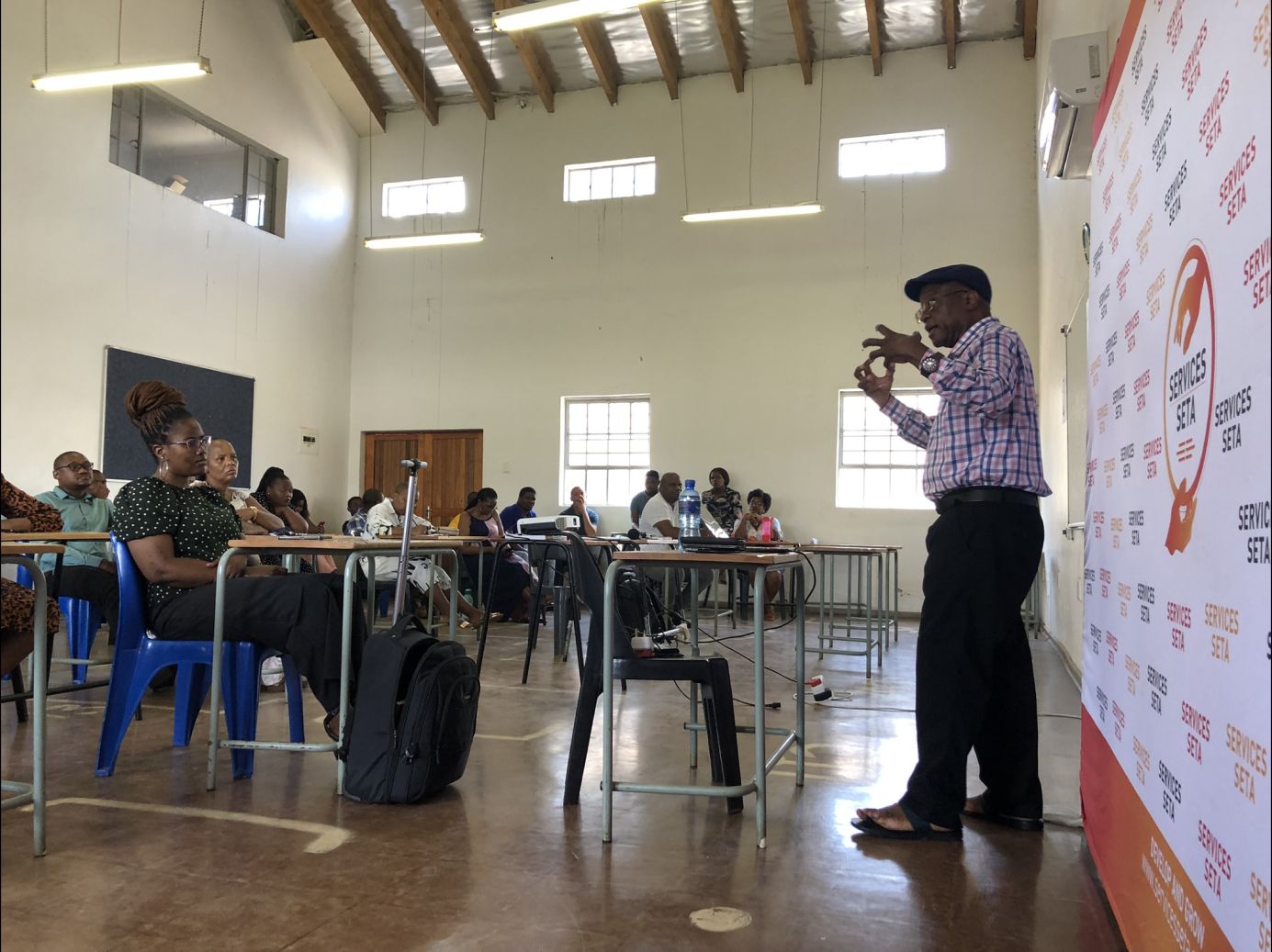Introduction
In recent years, the field of early childhood education has witnessed a paradigm shift. The focus has shifted from a passive, one-size-fits-all model to a more dynamic, individualized approach that takes into account the unique needs and potential of each child. This transformation is driven by a growing body of research indicating that a child’s experiences in the early years have a profound impact on their cognitive, emotional, and social development.
Personalized Learning and Play-Based Education
One of the central tenets of the transformation in early childhood education is personalized learning. Educators are moving away from rigid curriculum structures and embracing approaches that allow children to learn at their own pace. Play-based education is gaining prominence, as it provides a holistic learning experience that nurtures creativity, problem-solving skills, and social interaction. Play is now seen as a vehicle for learning, enabling children to explore and understand the world around them in a meaningful way.
Integration of Technology
Technology is playing an increasingly vital role in early childhood education. Educational apps, interactive learning platforms, and digital resources are being integrated into classrooms to enhance learning experiences. While technology offers exciting opportunities for engagement and skill development, there is a delicate balance to strike between screen time and other forms of learning that promote physical activity and hands-on exploration.
Parental Involvement and Collaboration

The transformation of early childhood education extends beyond the classroom to involve parents and caregivers. Educators recognize the critical role parents play in a child’s development and are working to create strong partnerships. Regular communication, workshops, and resources are provided to empower parents to support their child’s learning journey effectively.
Inclusivity and Diversity
The evolving landscape of early childhood education emphasizes inclusivity and diversity. Recognizing that every child is unique, educators are embracing diverse learning styles, cultural backgrounds, and abilities. Inclusive classrooms foster a sense of belonging, promote empathy, and prepare children to thrive in an increasingly diverse world.
Empowering Early Childhood Educators
The transformation of early childhood education also involves the professional development and support of educators. Training programs are being designed to equip teachers with the knowledge and skills needed to implement innovative teaching methods effectively. Moreover, creating a supportive work environment and offering ongoing professional growth opportunities are essential for retaining passionate and dedicated educators.
Conclusion
The transformation of early childhood education is a dynamic process that reflects society’s evolving understanding of child development and learning. This shift towards personalized learning, play-based education, technology integration, parental collaboration, inclusivity, and educator empowerment holds the potential to lay a strong foundation for a child’s lifelong learning journey. As educators and stakeholders continue to invest in these transformative strategies, the future of early childhood education looks promising, fostering generations of curious, creative, and well-rounded individuals.
